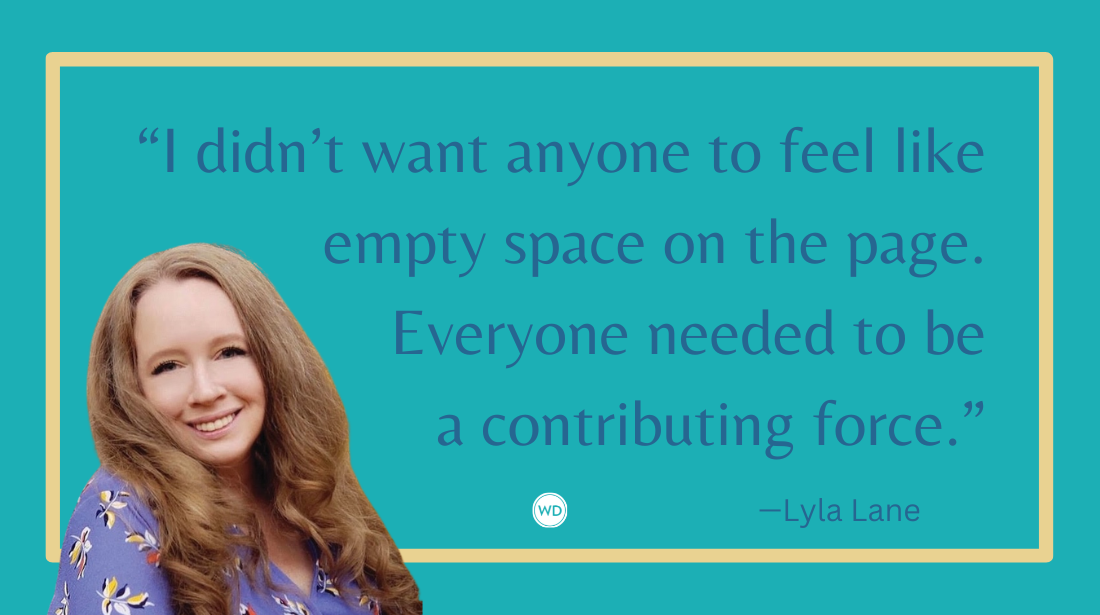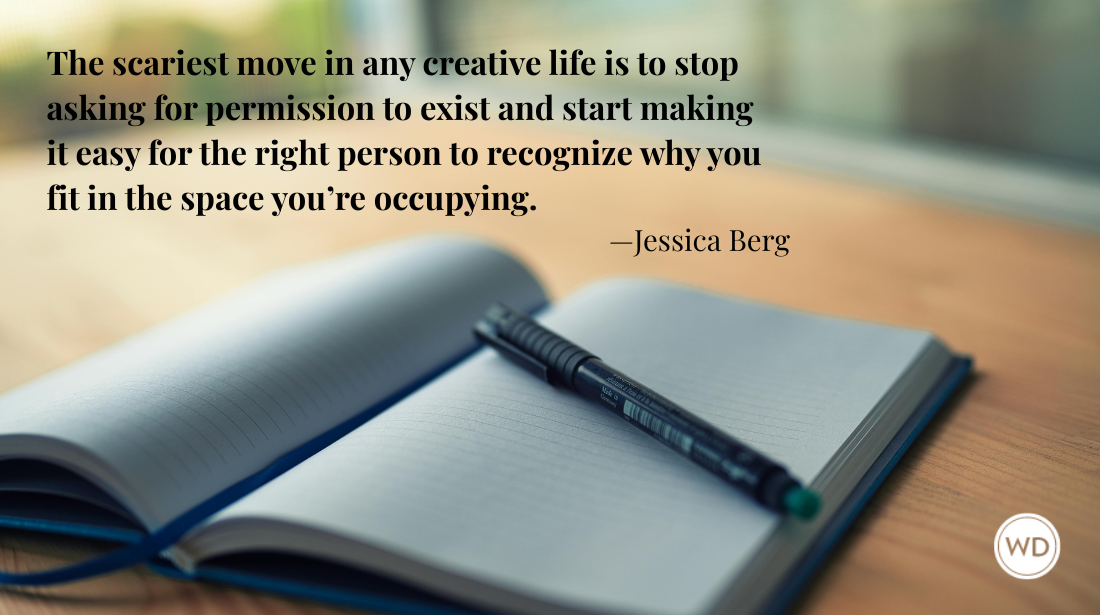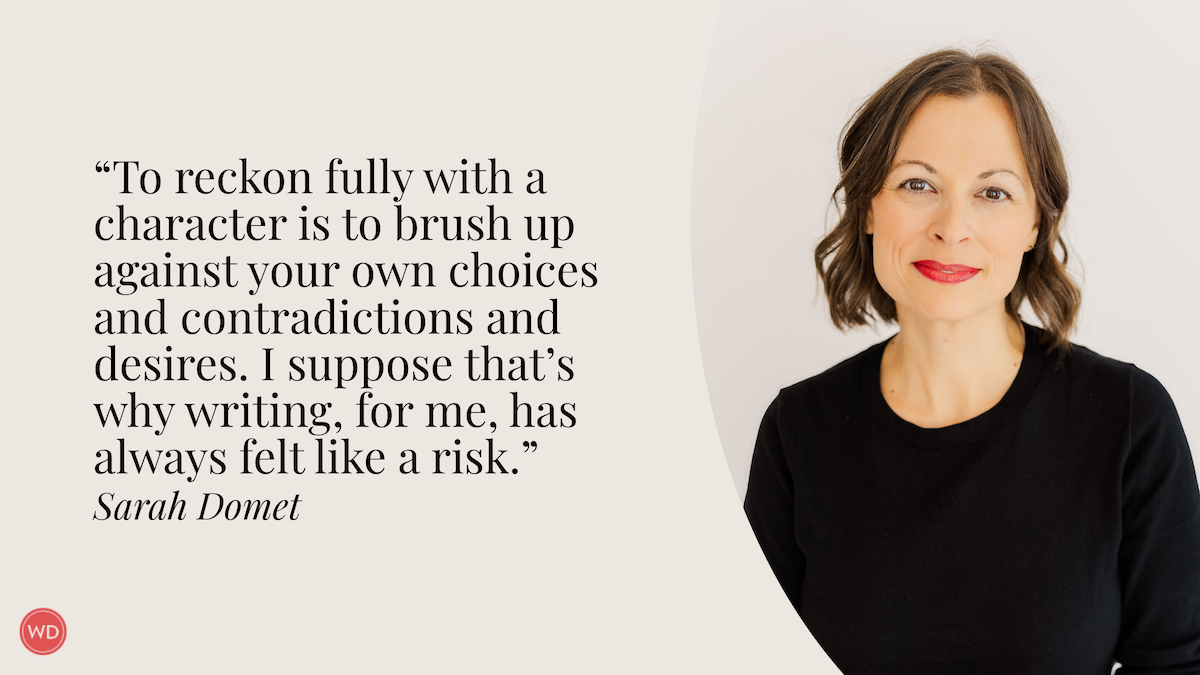A Toolkit for Managing the Anxiety of the Publishing Process
While writing may bring us joy, it may also bring us doubt, fear, and burnout. Here, Mazey Eddings has created a toolkit for managing the anxiety of the publishing process.
As a chronically anxious person (shout out to Prozac for being the longest relationship I’ve ever had!), there’s a fun level of irony that I get to put this toolkit together. But, as the adage goes, write what you know. And oh, how I know about the anxiety of publishing.
From going on submission with my first book, A Brush with Love, at the start of the pandemic to debuting during supply chain disruptions and a brand-new viral variant, I’ve had quite a few sleepless nights of panic in the process. But if therapy has taught me anything, coping works best when you have a strategy, and I’ve compiled five tips that have helped me over this chaotic year. I hope they can help you too!
Get the group chat going
I’m part of a group chat that’s aptly named: Anxious Debuters 2022. And we talk every. Single. Day. It can be particularly helpful to develop that type of connection with people in a similar writing spot on the publishing timeline as you, because it’s amazing how similar experiences—and the anxiety they induce—can be. But, whether it’s fellow debut authors, seasoned book veterans, or your mom and her neighbor Susan, finding a group you feel safe to reach out to in the anxious moments is so comforting and valuable.
Celebrate the highs with ferocity
Putting a book into the world is a hectic process, and your attention is regularly pulled in a hundred different directions. With so many moving pieces, it can be easy to barrel through the victories and forget to slow down long enough to celebrate. Take a pause! Revel in every moment of joy!
IndieBound | Bookshop | Amazon
[WD uses affiliate links.]
Whether it’s a DM from a reader saying your story resonated with them, or a soft moment of rediscovering a line you wrote and loved, to something huge and exciting like making bestseller lists or selling rights to a film producer, revel in each one with unabashed excitement. You’ve worked hard for this! Don’t let the wins pass you by.
Consume media that brings you joy
Whether it’s reading, TV, movies, or any other form of art, engage with things that make you happy. Burnout is very real in creative fields, but taking the time to ingest things that make you happy can replenish the creative well and keep you excited as you create your next work.
Take a (small) break from reading in your genre
Comparison is the thief of joy, and it can be very tempting to lose the love of reading and writing by comparing your work to others in your genre. Avoid this at all costs! Consider taking a step back from your genre, just for a bit, and allow yourself to read in a varying subgenre or completely new one. Shifting the lens can help you get out of your head or offer fresh inspiration, and reading of any type strengthens you as a writer, which also helps to restore confidence when you’re feeling a little shaky.
Find a hobby (and embrace being mediocre at it!)
The path to publishing can create an odd head space. It’s the monetization and commercialization of art, and combining those two often-at-odds pursuits can cause a lot of your self-worth to be tied up in both sales and perception. I think it’s so important to find a hobby that you love—whether it’s something creative like collaging or playing music, or something totally opposite like running or kickboxing—to combat publishing anxiety. Bonus points if you aren’t amazing at your hobby!
There’s so much pressure for people to reach levels of success or skill when participating in something, but I suggest doing things for the simple joy of doing them. I’m objectively awful at dancing, (my boyfriend has ample video evidence to prove it), but it’s something I love to do and something I turn to when writing stress gets high. We don’t have to perfect everything we do, we just need to enjoy the process of doing it.
Mazey Eddings is a neurodiverse author—and dentist—who aims to destigmatize mental health issues and write love stories for every brain. With roots in Ohio and North Carolina, she now calls Philadelphia home. A Brush with Love (March 1, 2022; Macmillan/St. Martin’s/Griffin) is her first novel. You can visit Mazey online at mazeyeddings.com.







